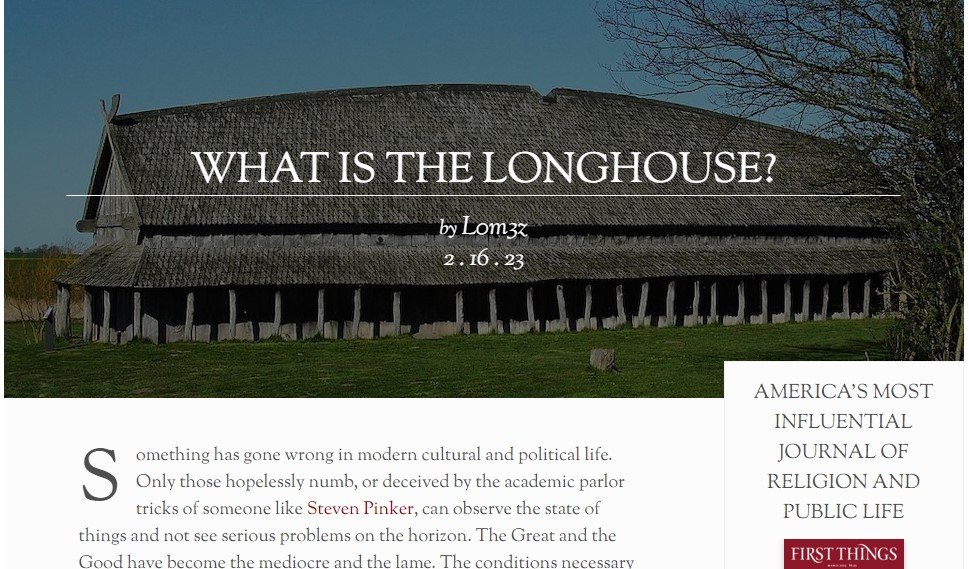Linkfest 2023-02-18: Ordered Disobediance

USS Johnston
Tell Me How This Ends: Ordered Disobedience
The commander of Taffy 3, Rear Admiral Clifton Sprague, saw immediately that his task force couldn’t survive the engagement, so he tried to salvage what he could: He ordered his destroyers and destroyer escorts to attack, to cover the hoped-for withdrawal of the escort carriers. The resulting battle is one of the best-known in naval history — and one of the least plausible, because Taffy 3 kicked the everloving shit out of that much larger Japanese attack force, compelling the Japanese to withdraw in the panicked belief that they’d sailed into the bulk of Halsey’s Third Fleet.

It is interesting to compare the USS Johnstown and the rest of Taffy 3, or Lt. Gus Agar in 1919, with the behavior of Japanese junior and mid-level officers who also disobeyed orders, but in a far less helpful way:
There was no non-war party in Japan in 1941. Assassinating the prime minister (twice), attempted military coups where the plotters were all forgiven – nobody really ran Japan. Fanatical secret societies of mid-level Army officers had a veto power (by assassination), but no one was really running things. For example, the Kwantung Army decided to attack the Russians (Khalkhyn Gol) by itself, without authorization from the Japanese government or even the Army high command. How weird is that? They lost, too.
-Greg Cochran

Primeval Patterns: ACKS Campaigns from Scratch
A nice step-by-step guide to setting up a campaign setting using the Adventurer, Conqueror, King system by Alexander Macris, useful for anyone who wants to know what old-school or #BROSR D&D is like.

First Things: What is the Longhouse?
I’ve been a long-time reader of First Things, so I was excited to see internet friend L0m3z had an article published on the FT website recently.
In certain corners of the online right you encounter a term that is at first glance puzzling, “The Longhouse.” Maybe you have heard this term. Maybe you have wondered what it means. Maybe this term means nothing to you. Even for those of us who use it, the Longhouse evades easy summary. Ambivalent to its core, the term is at once politically earnest and the punchline to an elaborate in-joke; its definition must remain elastic, lest it lose its power to lampoon the vast constellation of social forces it reviles. It refers at once to our increasingly degraded mode of technocratic governance; but also to wokeness, to the “progressive,” “liberal,” and “secular” values that pervade all major institutions. More fundamentally, the Longhouse is a metonym for the disequilibrium afflicting the contemporary social imaginary.
First Things: Return of the Strong Gods
First Things under Rev. Richard J. Neuhaus published John J. Reilly, and current editor Rusty Reno is no stranger to making novel arguments himself:
A young writer in Australia recently sent me an essay that ended with an arresting sentence: “I am twenty-seven years old and hope to live to see the end of the twentieth century.” I sympathize. We have reached a series of dead ends in the West. After the collapse of the Soviet Union, Americans thought the world stage had been cleared for our benevolent power to lift others to the broad, sunlit uplands of liberal democracy and free-market prosperity. The European Union moved from strength to strength, heralding an era of international cooperation and soft power. But the hoped-for utopias have not come about, and what we once thought the ideal and even inevitable future now brings frustration, disgruntlement, and incipient rebellion, not just from non-Western forces that resist our triumphalism, but within our own countries and among our own people. For good and for ill, the last century is finally ending.
The Long View: From Dawn to Decadence
Jacques Barzun's masterwork is an intellectual roadmap to the Western mind, although its structure is not systematic. Rather, Barzun simply writes about the people and things he found interesting. Since he had a very broad and capacious mind, this amounts to just about everything of importance, but from sometimes unusual points of view. Barzun is famous for saying that Western Civilization has entered a period of decadence, but he used this as a technical term. He meant that the great burst of energy that started the Renaissance has dissipated, and now our civilization wants the same things we have wanted for the past 500 years, but are no longer willing to do the things that are necessary to achieve those things. Decadence means willing the ends but not the means, and in and of itself is not a moral judgment. Barzun's own thesis has now become one of the intellectual superstitions he worked to demolish.

If you want to see L0m3z’ concept of the Longhouse in action, you couldn’t find a much better illustration than this bowderlization of Roald Dahl’s work.



Comments ()